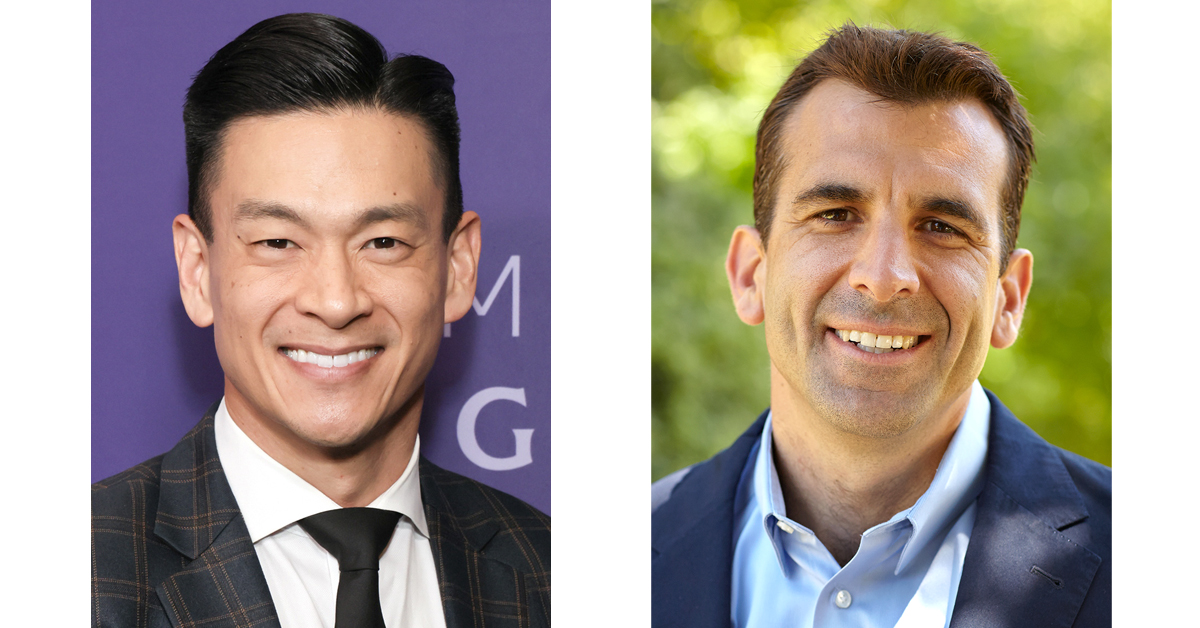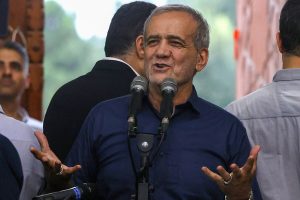As the former chair of the Federal Election Commission under President Barack Obama, I’ve seen how bad actors can manipulate our elections regulatory process for political gain.
An example of this manipulation was when Evan Low’s presumptive allies filed two complaints — each full of accusations, but devoid of facts — against Low’s congressional opponent in the 16th District, Sam Liccardo.
This drama stems from Low’s flailing attempts to halt the recount of ballots after his extraordinary tie with Joe Simitian for second place in the primary election. In April, the Low campaign accused Liccardo of malfeasance because his supporters funded the recount. They argued that the funders must have illegally colluded with Liccardo.
Their charge is spurious. The recount was conducted legally, and it found missing ballots that secured Low a place in the general election. People might think it outrageous that the state of California did not pay for a recount. Low and his associates considered it outrageous that anyone paid for it.
The Mercury News editorial board characterized Low’s tactics as an act of “shameful, politically opportunistic, anti-democratic demonizing” in one editorial, “hyperventilation by Low” in another, and an “amazing anti-democratic display that put (Low’s) political objectives ahead of an accurate vote tally” in a piece by the opinion editor. By his own admission, Low attacked the recount because he feared an accurate count might put him out of the running. So his complaints, and those of his supporters, appear fundamentally disingenuous.
Anyone can file an FEC complaint. Complainants don’t need to provide any specific evidence to file a claim. They know that the mere filing suffices to grab headlines and cast suspicion. Liccardo won the March primary election by more than 8,000 votes and holds a substantial lead in a recent poll. Low and his allies appear to have become desperate, so they are exploiting the FEC as a way to cast aspersions on Liccardo.
The first complainant, Max Zarzana, leads the powerful special interest organization, the Government Attorneys Association, and has repeatedly fundraised and spent money against Liccardo and in support of Low (as has PG&E and a powerful statewide landlords group, the California Apartment Association). The second complainant, Brian J. O’Grady, focuses his legal practice on “slip-and-fall” lawsuits. Neither has a background in elections law.
The complaints allege illicit coordination between Liccardo and the outside group that paid for the recount. But they offered no evidence of that coordination. Oddly enough, their “smoking gun” is a poll from before the recount that showed Liccardo well ahead in a three-way race. This is an absurd allegation: It makes no sense that Liccardo would break the law when he already had a substantial advantage.
That has not stopped Evan Low’s campaign from hyping the news around these complaints. Minutes after the second complaint was filed, for example, the Low campaign issued a press release.
Related Articles
AOC introduces articles of impeachment against Alito, Thomas
Feldman: The Supreme Court just gave itself a lot more power
Leubsdorf: Expect another closely divided Congress next year
Lauren Boebert wins crowded Republican primary, leading field by large margin in new congressional district
Poll finds Garvey doesn’t pose threat to Schiff; no appetite for changing tax approval thresholds
The complaints against Liccardo could be calculated, in part, to obfuscate Low’s own, more substantiated legal troubles complying with campaign finance law. The California Fair Practices Political Commission opened a formal investigation of Low for his failure to disclose fundraising from powerful Sacramento groups. Those dollars flowed into a “nonprofit foundation” that largely existed to put Low on stage in front of donors.
The FEC exists to hold elected officials accountable for genuine wrongdoing. The complaints against Liccardo, filed with absolutely no evidence, are a crass political ploy to mislead voters. We need to better inform voters to distinguish between charges backed by evidence and speculative accusations that may have no merit. We must hold accountable those who conflate the two.
Ann Ravel is president of the Silicon Valley Ethics Roundtable and a former appointee to the California Judicial Council. Ravel is also a former chair of the Federal Election Commission, former Santa Clara County counsel and former chair of the Fair Political Practices Commission in California.












